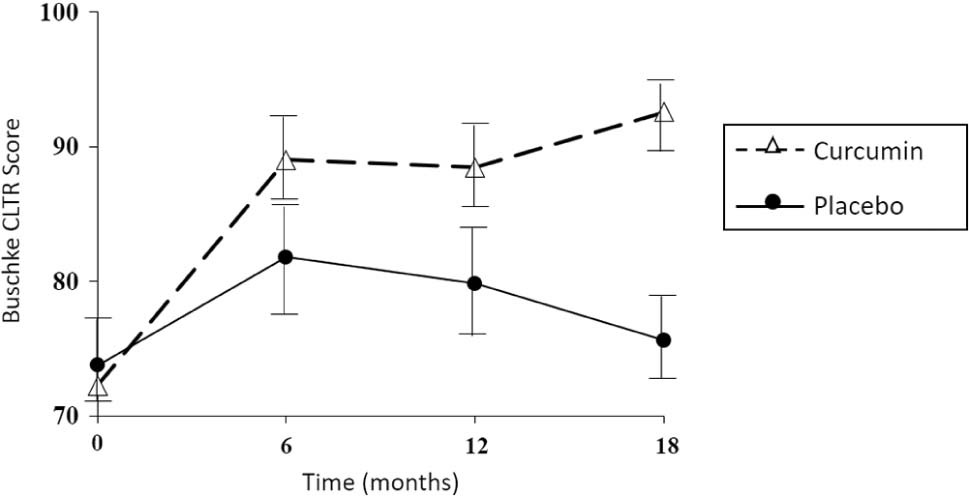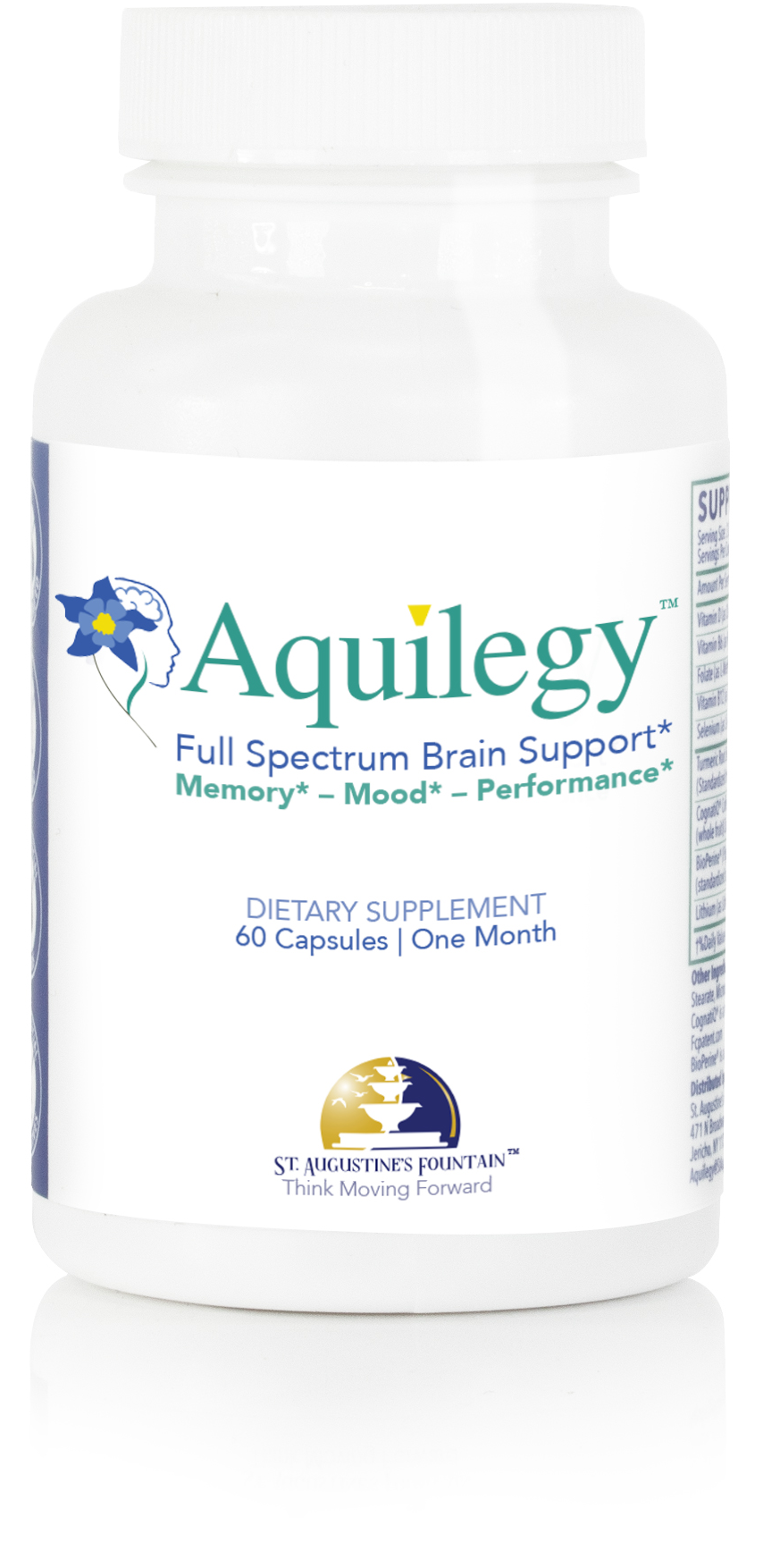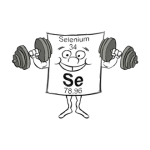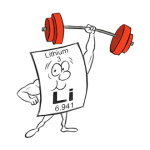Turmeric Curcumin And Memory

Researchers Believe Curcumin Supports Memory.
A study followed 40 adults randomized to receive curcumin or placebo for 18 months.
After 18 months, those taking curcumin showed significant improvement in attention and a 28% increase in memory function.
Those taking curcumin were also seen to have decreased levels of amyloid and tau in the regions of the brain that control memory, decision-making and mood. Amyloid and tau are major distinctive markers associated with brain plaques and tangles commonly seen in progressive memory loss (2).
Additionally, case studies have shown improvement in apathy, irritability, agitation and anxiety in those with progressive memory loss who were taking curcumin for 12 weeks (3).
Curcumin Inhibits Free Radicals.
Because of its anti-inflammatory and antioxidant abilities, curcumin is a major topic of interest when it comes to supporting brain longevity (4).
Curcumin can inhibit the formation and propagation of free radicals (5)(6). Free radicals are derived from normal metabolic processes in the body (5) but when produced in excess, oxidative stress occurs. Chronic oxidative stress is strongly associated with many chronic health issues including memory loss (5-7).

(Small, G. W., Siddarth, P., Li, Z., Miller, K. J., Ercoli, L., Emerson, N. D., Martinez, J., Wong, K.-P., Liu, J., Merrill, D. A., Chen, S. T., Henning, S. M., Satyamurthy, N., Huang, S.-C., Heber, D., & Barrio, J. R. (2018). Memory and brain amyloid and tau effects of a bioavailable form of curcumin in non-demented adults: A double-blind, placebo-controlled 18-month trial. The American Journal of Geriatric Psychiatry, 26(3), 266–277. https://doi.org/10.1016/j.jagp.2017.10.010)

1) Tapiero, H., Tew, K. D., Nguyen Ba, G., & Mathé, G. (2002). Polyphenols: Do they play a role in the prevention of human pathologies? Biomedicine & Pharmacotherapy, 56(4), 200–207. https://doi.org/10.1016/s0753-3322(02)00178-6
2) Small, G. W., Siddarth, P., Li, Z., Miller, K. J., Ercoli, L., Emerson, N. D., Martinez, J., Wong, K.-P., Liu, J., Merrill, D. A., Chen, S. T., Henning, S. M., Satyamurthy, N., Huang, S.-C., Heber, D., & Barrio, J. R. (2018). Memory and brain amyloid and tau effects of a bioavailable form of curcumin in non-demented adults: A double-blind, placebo-controlled 18-month trial.The American Journal of Geriatric Psychiatry,26(3), 266–277. https://doi.org/10.1016/j.jagp.2017.10.010
3) Hishikawa, N., Takahashi, Y., Amakusa, Y., Tanno, Y., Tuji, Y., Niwa, H., Murakami, N., & Krishna, U. K. (2012). Effects of turmeric on alzheimer′s disease with behavioral and psychological symptoms of dementia.AYU (An International Quarterly Journal of Research in Ayurveda),33(4), 499. https://doi.org/10.4103/0974-8520.110524
4) Giri, R. K., Rajagopal, V., & Kalra, V. K. (2004). Curcumin, the active constituent of turmeric, inhibits amyloid peptide-induced cytochemokine gene expression and CCR5-mediated chemotaxis of THP-1 monocytes by modulating early growth response-1 transcription factor. Journal of Neurochemistry, 91(5), 1199–1210. https://doi.org/10.1111/j.1471-4159.2004.02800.x
5) Lobo, V., Patil, A., Phatak, A., & Chandra, N. (2010). Free radicals, antioxidants and Functional Foods: Impact on human health. Pharmacognosy Reviews, 4(8), 118. https://doi.org/10.4103/0973-7847.70902
6) Mishra, S., & Palanivelu, K. (2008). The effect of curcumin (turmeric) on alzheimer′s disease: An overview. Annals of Indian Academy of Neurology, 11(1), 13. https://doi.org/10.4103/0972-2327.40220
7) Pham-Huy, C., & Pham Huy, B. (2022). Free radicals and antioxidants. Food and Lifestyle in Health and Disease, 109–155. https://doi.org/10.1201/9781003220817-3






